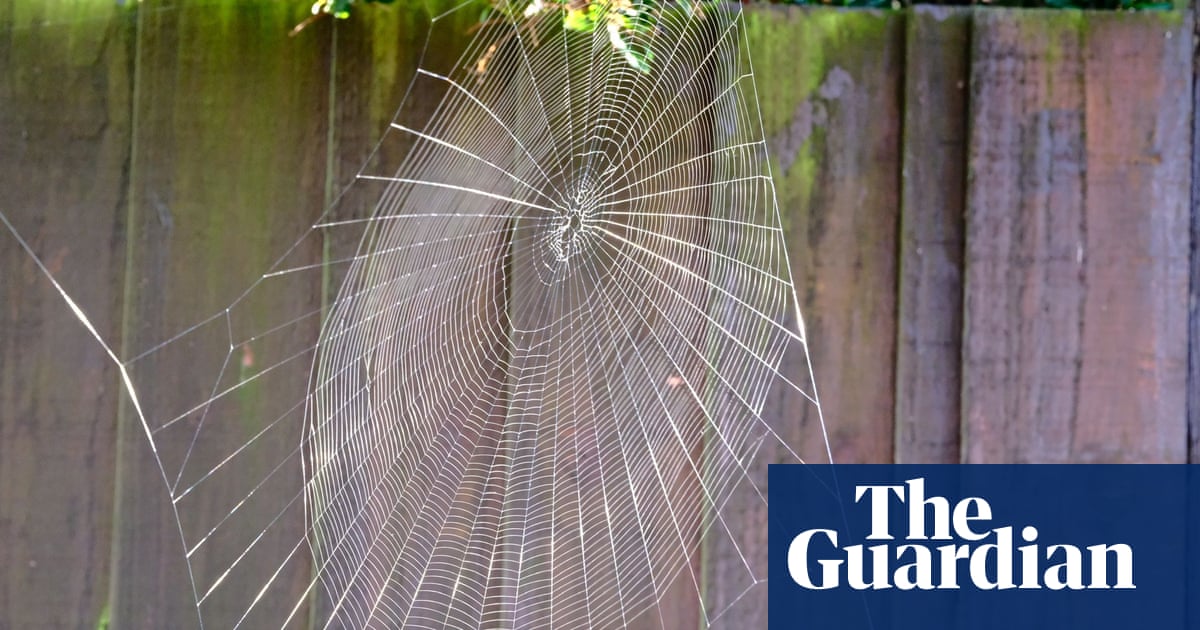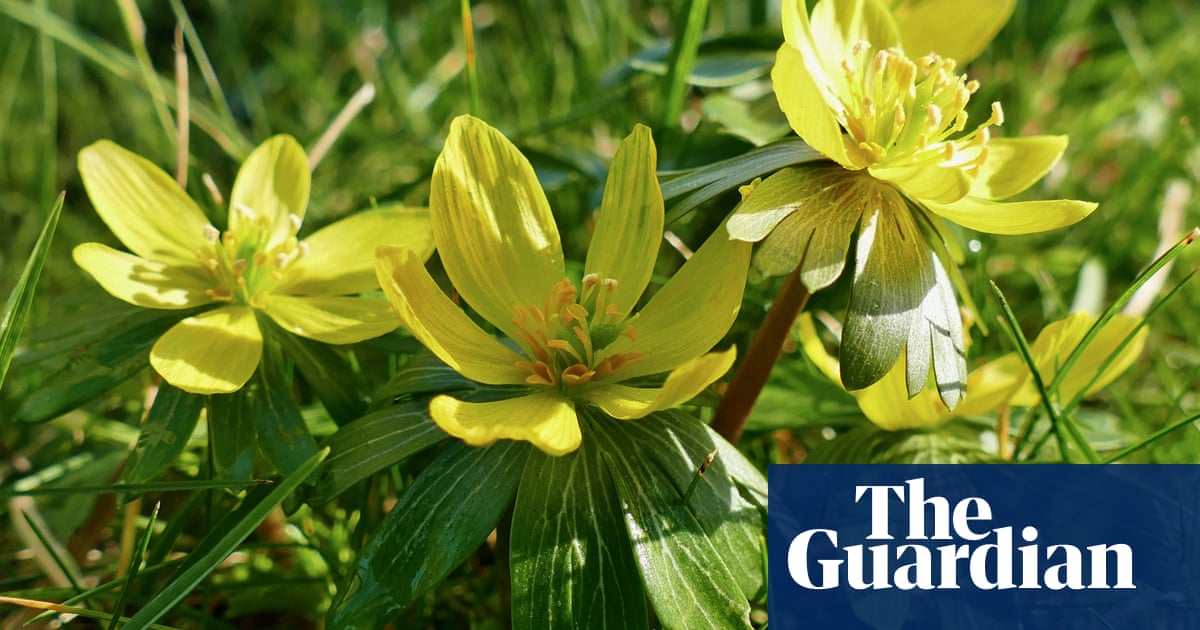
The Roman fort of Brocolitia, once a busy garrison of 500 soldiers, is visible only as turf-covered earthworks close to Hadrian’s Wall. We walk round the perimeter of its playing-card shape, the rain clearing to leave letterbox flares of light along the horizon. There’s the harsh “yark” of a solitary crow. A farmer on a quad bike gathers sheep with his dog, the flock rippling over the slope of a far field.
Beyond the fort is the Mithraeum, an excavated temple dedicated to Mithras, the Roman god of light, which is preserved in a fenced-off enclosure. Nothing, though, marks Coventina’s Well, the spring of a water goddess important enough for the high-status title of Augusta, yet unknown before the well’s discovery in 1876.
An excavation was led by the antiquarian and landowner John Clayton of nearby Chesters after dressed stones were uncovered in marshy ground. The source of a spring was found and encased in a large stone basin within further walls of a temple. Over two metres deep, it had been packed with objects: votive offerings deposited over time and added to by a hurried filling of the well around 388, perhaps due to anti-pagan edicts by the Christian emperor Theodosius I.
Gifts to the goddess included a brooch of a running deer, glass beads, rings of gold, silver and jet, a bronze mask and 13,487 coins. There were altars inscribed with her name, drinking vessels, a glass bottle, two thuribles – clay incense burners – and, puzzlingly, half a skull and a bronze age axe hammer.
A stele carved with an image of Coventina is in Chesters Museum. She lies on a water-lapped riverbank, bare-breasted, her hair flowing, one arm on a pitcher from which flows life-giving water, the other holding up a frond. It was dedicated to her by a prefect of the first cohort of Batavians, Germanic people from the Rhineland.
Coventina’s Well lies underwater now. A small stream flows out of the surrounding bog. In its clear water, brooklime trails blue flowers in summer. The Romans left offerings of coins and jewellery; I place something more fleeting – a marigold from my garden.












